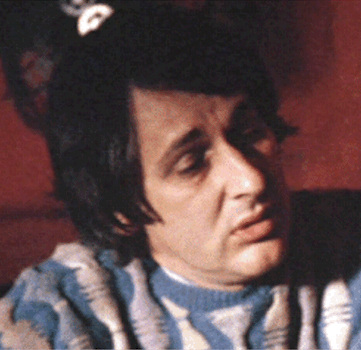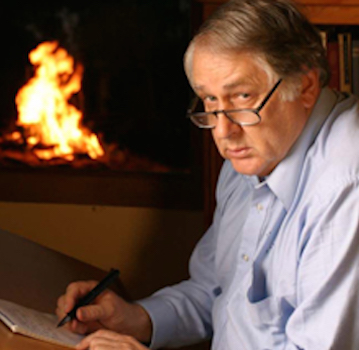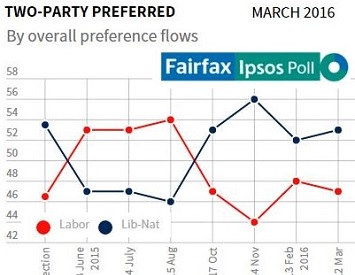Of all the Liberal Party luminaries, the late Malcolm Fraser's moral pilgrimage was the most remarkable of all, writes Bob Ellis.
It has been famously said that the Liberal Party is just a phase that good men go through before they turn sixty-five and attain wisdom. Some, like Sir Robert Menzies, take longer. Some, like John Hewson, get there sooner. Some, like John Gorton, and his nemesis Malcolm Fraser, and dare I say Fred Chaney, arrive on schedule.
It was Malcolm Fraser's moral pilgrimage that was the most remarkable of all. He administrated the Birthday Ballot, sending choiceless, voteless teenagers off to genetic distortion under Agent Orange in Vietnam. He divided the nation when seizing power improperly, using a dead senator's vote, in a constitutional coup that brought his native land the closest it has been to civil war. He connived with other Commonwealth leaders in the bringing to power of Robert Mugabe. He abolished what was then called Medibank, and campaigned against its successor, Medicare. He called Gough Whitlam's Government the worst since Federation. He kept Australia locked up in the protectionist fantasia, whose end was long overdue. He was wrong on many, many things when young, and was only fifty-two when he was wrenched from power, and only once in his public life was seen to almost break down and weep — but not quite.
He was too proud a man for that.
But then he grew older and in the next decades a great change came in him. He saw the party whose glad birth he had witnessed body-snatched by a rabid, venomous lynch mob very like the Tea Party. He saw his meek disciple John Howard embrace the dark side of public policy and go towards the crazy xenophobia of Pauline Hanson further, and more vigorously, than anyone had thought politically possible. He watched, in grief, that kind of rabid fury prevail, and a needless war that it conjured up obliterate in firestorm and street-fighting the biblical cradle of western civilisation. He hated what his people had become, and he grieved for their better angels, lost to him now, and took thought, and broke with them.
The last Liberal standing #MalcolmFraser why he quit the party:http://t.co/rm40id1qPy pic.twitter.com/B4vwP3kxXu
— Lee Skelton (@bustersdah) March 20, 2015
But he had never, I think, been truly one of them. They had been white man's burden imperialists and there was never a racist bone in his body. They believed in the exploitation of the lower orders and he in a civilisation. More than anyone in his party, he believed in a fair go — for refugees, for the Indigenes, for the multiculture which was, in a great part, through SBS, his creation.
He opposed apartheid, sided with the Taliban against the Soviet Union, advocated a Republic, proposed our not going to the Moscow Olympics, detested the storming of the Tampa, believed the big lie of the children overboard, saying parents will do what they can to save their children, and showed in all things a huge intellect, an earnest purpose and a great heart.
He will be sorely missed.

This work is licensed under a Creative Commons Attribution-NonCommercial-NoDerivs 3.0 Australia License
"Australia needs more people. Somebody who's fleeing terror... needs help" @MalcolmFraser12 to @JHutcheon. Video soon pic.twitter.com/i8MPhZqX1d
— ABC News 24 (@ABCNews24) March 20, 2015
Monthly Donation
Single Donation
Subscribe to IA for just $5 per month.









